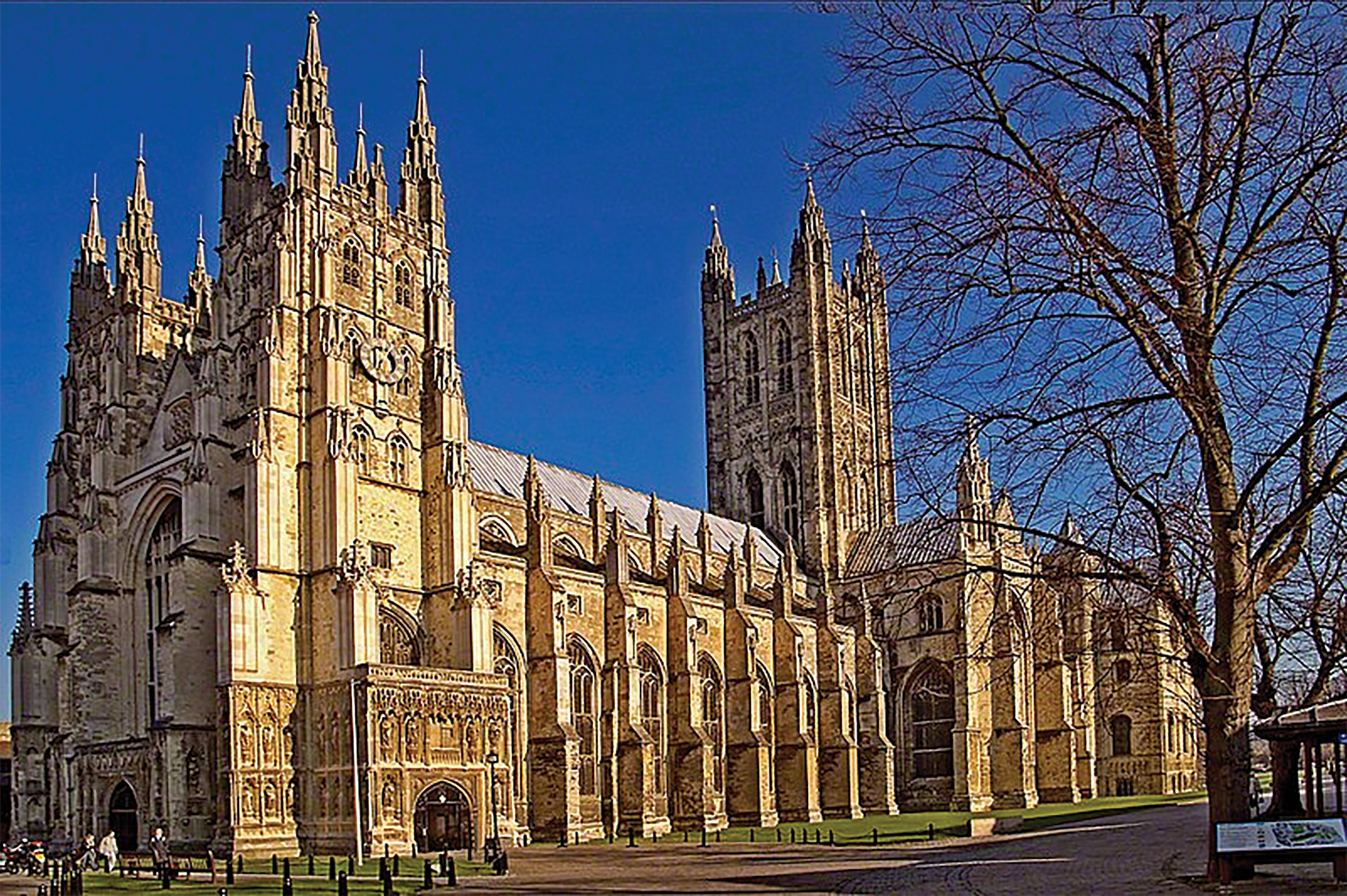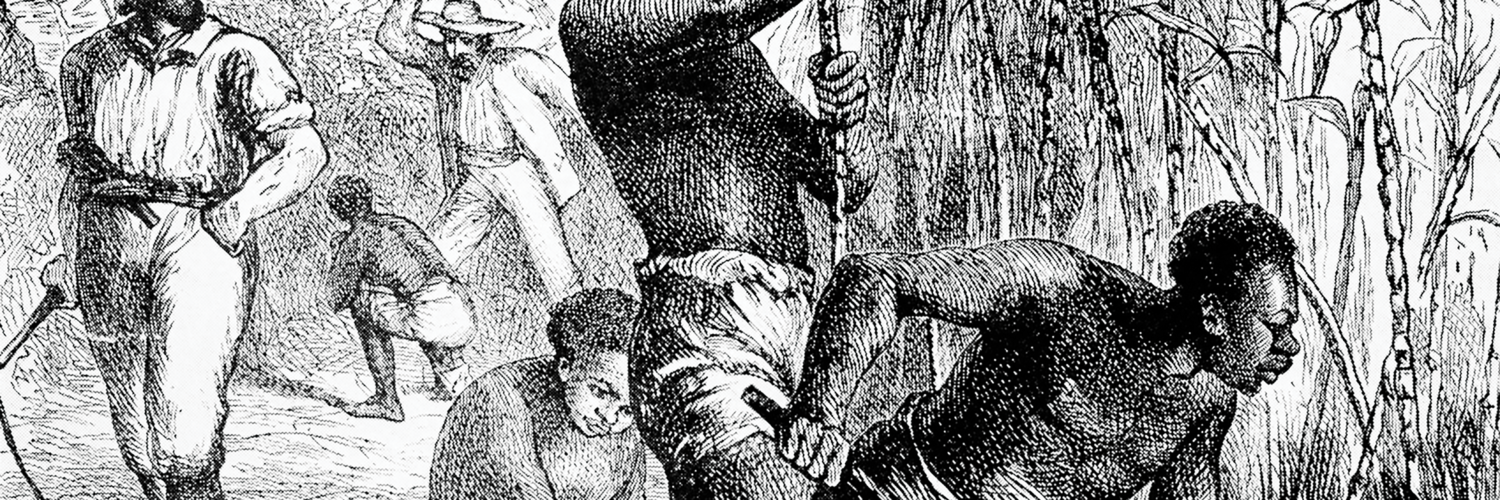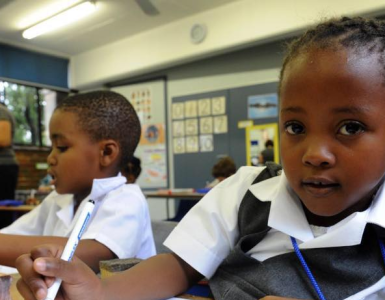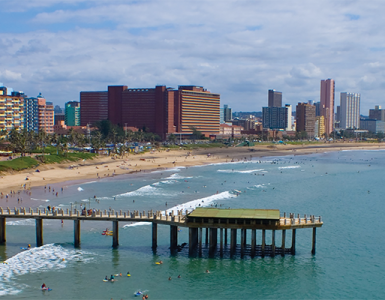TOO LITTLE: But a black-led group appointed by the church to look into the matter has proposed the figure be upped to one billion pounds (R20 billion)…
By Monk Nkomo
The powerful Church of England, also known as the Anglican Church, aims to establish a multibillion rand fund to address its shameful past of being involved in the inhuman and evil system of trading of black people as slaves by white colonialists nearly 300 years ago.
This move, however, this week met with strong warning from some members who lashed at the church leadership, labelling the gesture as anti-Christian. Some critics warned that the billion pound reparations proposal was motivated by a death wish for the church because most congregants would now stop donating at their respective branches.
The Board of Governors of the Church Commissioners, however, welcomed the report of the independent and Black-led Oversight Group – tasked to look into a reparations model and the majority of whom were members of the impacted communities. The group was set up in 2023 after the Church of England publicly acknowledged its historical benefit from the international slave trade The church said it would now aim to turn a 100 million pounds financial commitment into a one billion pounds fund to address the legacy of slavery in order to reflect the scale of moral sin.
The Oversight Group said their task, which had been both humbling and daunting, had caused them to reflect afresh on the cruelty of a multinational white establishment that deprived tens of millions of Africans of life and liberty.
’’We are horrified by the continuing toxic consequences, resulting from the denial of equal access to healthcare, education, employment, justice and capital.’’
However, the group has said the 100 million fund proposed by the church is not enough, pressing rather for a fund for healing, repair and justice with a target of one billion pounds (R20 billion).
The group noted the unaddressed worldwide legacies of African chattel enslavement, even though people of African descent had demonstrated excellence in every field of human endeavour.
‘’In seeking justice for all, we must continue to work together remembering that all are created in the image of God’’, said the Most Reverend Justin Welby, Archbishop of Canterbury and Chair of the Board of Governors. ‘’ The Oversight Group’s independent work with the Church Commissioners is the beginning of a multi-generational response to the appalling evil of Transatlantic chattel enslavement. My prayer is that this work will stimulate further visionary and practical co-created action.’’
Initial links within the church to the slave trade originate from Queen Anne’s Bounty, a fund used to supplement the income of poor clergy that was also used to invest heavily in the South Sea Company, which traded in African slaves in the 18th century. According to reports, between 1714 – 1739, the Church of England made around £443m (in today’s money, about R10,6 billion) through a fund which had invested in South Sea, whose main activity was transporting “34 000 enslaved (African) people in crowded, unsanitary, unsafe and inhumane conditions”
 The Oversight Group, which recommended that this reparations programme to start operating later this year and to be ultimately owned and run by Black communities – called for a fresh apology from the Church of England for denying that black Africans were made in the image of God and for seeking to destroy diverse African traditional religious belief systems.
The Oversight Group, which recommended that this reparations programme to start operating later this year and to be ultimately owned and run by Black communities – called for a fresh apology from the Church of England for denying that black Africans were made in the image of God and for seeking to destroy diverse African traditional religious belief systems.
The consequences of slavery, the report added, had caused damage so vast it would require patient effort spanning generations to address. The proposed fund of 100 million pounds to repair the damage was very small compared to the scale of racial disadvantage originating in African chattel enslavement and the timeline for delivery should be accelerated.
‘’No amount of money can fully atone for or fully redress the centuries-long impact of African chattel enslavement, the effects of which are still felt around the world today’’ said The Right Reverend Rosemarie Mallett, the bishop of Croydon and the group’s chairperson.
‘’The impact of slavery persisted today and was measurable and apparent in everything from pregnancy and childbirth outcomes to life chances at birth, physical and mental health, education, employment, income, property and the criminal justice system. We hope this initiative is just the start and is a catalyst to encourage other institutions to investigate their past and make a better future for impacted communities.’’
Efforts to tackle the legacies of poverty and inequality left by African chattel enslavement had long been hampered by failed systems of development aid.
‘’We have never properly questioned the capitalist systems that colonialism benefited from and later imposed on the descendants of enslaved Africans and other communities. New interventions must address the power imbalance inherent in extractive economic systems. Otherwise , they will fail.’’The call for reparations was not new. As early as the eighteenth and nineteenth centuries, enslaved Africans and their descendants demanded redress and compensation for unremunerated labour, pain, suffering, abuse and death.
The report recommended that the proposed impact investment fund and programme should embark upon meaningful progress towards healing, repair and justice by addressing barriers including economic parity.
“Our aspiration is for the fund to be a powerful demonstrator. We believe it will show that an investment fund can work transparently to heal harms without replicating the structures perpetuating them.’’
The Oversight Group proposed a fund for healing, repair and justice with a target of one billion pounds. The fund should aim to attract capital from three sources including the Church Commissioners, other institutions once complicit in African chattel enslavement and contributors who, outraged by injustice, wished to make common cause against racial inequality.
“It will aim to back the most brilliant social entrepreneurs, educators, healthcare givers, asset managers and historians. It will not pay cash compensation to individuals or provide grants to government bodies.’’





























